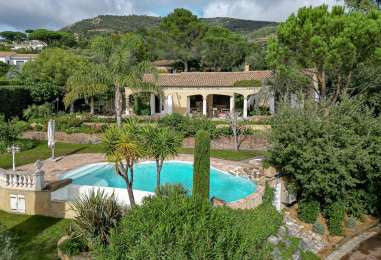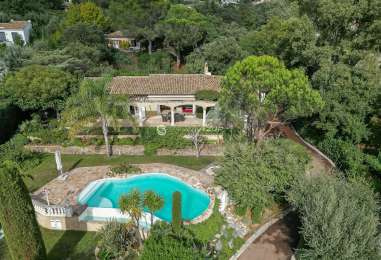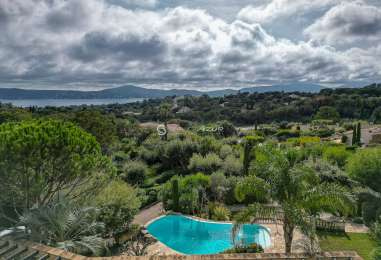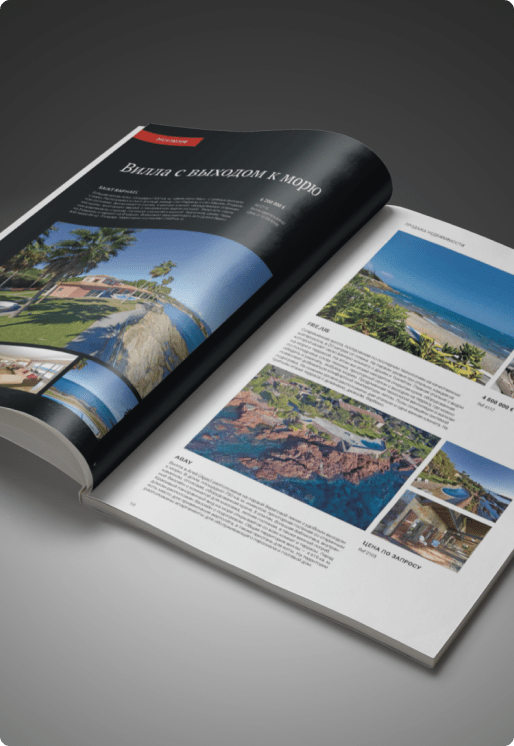










- Home
- Real Estate
- Vineyard Villa with Alpine Views Near Saint-Tropez
Vineyard Villa with Alpine Views Near Saint-Tropez
Nestled amidst lush vineyards with panoramic views of the surrounding hills and the distant Alps, this modern villa presents a serene retreat an hour's drive from the glamour of Saint-Tropez. Occupying a sprawling 6,000 sqm plot, the property boasts a swimming pool and a helicopter landing capability, blending luxury with convenience. The two-storey home features a living room adorned with expansive floor-to-ceiling windows, a fitted kitchen, and two bedrooms with shower rooms on the first floor. The second floor houses a bedroom with two terraces and a bathroom, alongside another bedroom with a terrace and shower room. The basement offers versatile space for a games room, gym, home theater, laundry, rock cellar, and storage. Located 30 minutes from Saint-Maxime, this villa is a testament to sophisticated living in the heart of Provence’s picturesque landscapes, offering both tranquility and accessibility to the French Riviera’s famed destinations.
































Step-by-step guide to the homebuying process :
- Select properties and ask to organise viewing
- Visit selected properties and choose a home to buy
- Have the house inspected and ask for energy performance rating
- Make an offer. Present it to the seller and reach agreement on the price.
- Sign a promise deed – Compromis de vente
- Make a down payment of 5-10% of the sale price
- Consider your financial options, ask for mortgage
- Wait for the notary to check the transaction cleanliness
- Pay a 100 % of the amount
- Sign a sale deed and get the keys to your new home
- Get legal documents, registered in the French Land Registry, from the notary
- Register utilities and insurance policies of your new home in your name
These reports inform the buyer about the state of the property but do not constitute a guarantee of its perfect condition.
For a detailed overview, see our guide: Property Sales in France: Mandatory Technical Inspections
56 bis, av de la Lanterne
06200 Nice, France
+33 4 93 29 84 25
9:00 – 18:00
Nice, France (GMT +2)








